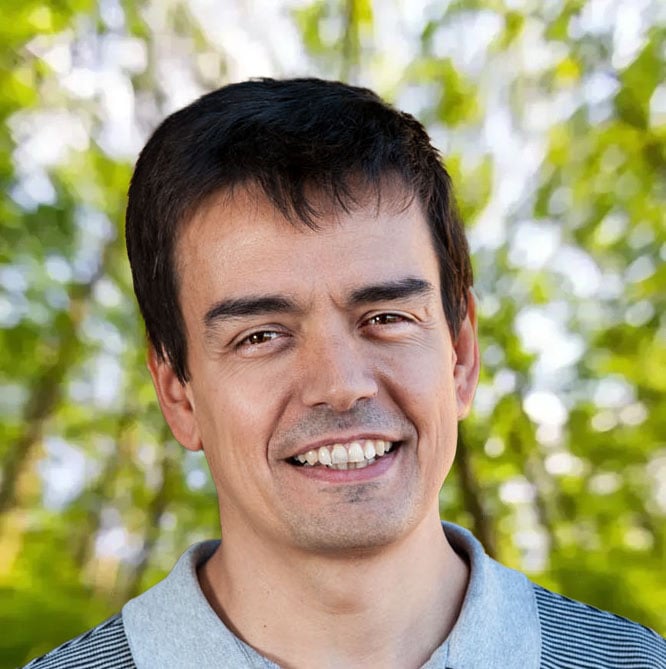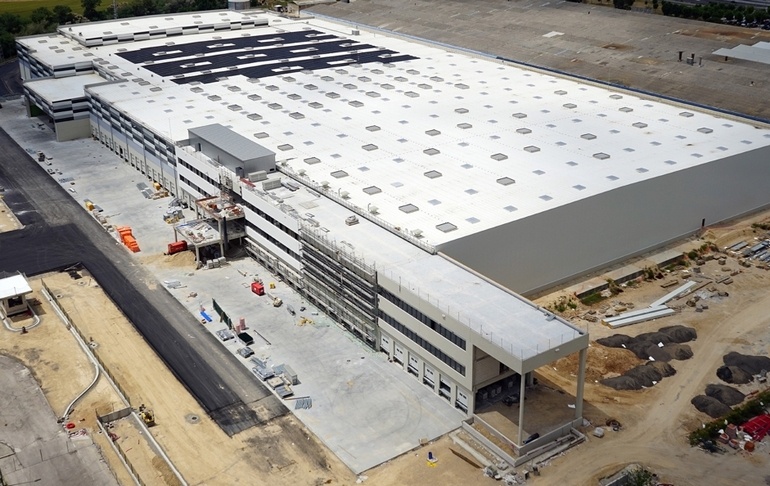This project is about the largest platform in Europe of the company LIDL. Thanks to the sustainable certifications obtained, BREEAM and VERDE, it is now also the most sustainable and energetically efficient. In this article, we tell you about the characteristics of the project and the measures that have been adopted to obtain the certifications and reduce its environmental impact.
Project Characteristics
LIDL is about to inaugurate its most important warehouse in all of Europe, located in Alcalá de Henares. The company is committed to the construction of a building that respects the environment and to this end aims to achieve a double sustainability certification, with an Excellent rating in the BREEAM certification and a 4-leaf rating in the VERDE certification.
The project is a complex building, as it has areas with different uses and their particular needs in each of them: there is the office-local area and a cold storage area.


As a result of the study conducted, several measures have been proposed and implemented to reduce the environmental impact of the project. Next, we explain some of them:
Measures to reduce their environmental impact
Energy
In the energy sector, we have worked mainly on the efficiency of heating and cooling systems, as well as on minimising their environmental impact.
Due to the typology of the building, we detected that there is significant waste heat from industrial cooling systems, which will be used as an energy source in other HVAC systems: underfloor heating and halogen-free climate systems.
The lighting system takes advantage of natural lighting through openings in the roof and is complemented by LED technology.

The high solar radiation in the area of Alcalá de Henares and with the maximum electricity consumption of the building in summer, the installation of a photovoltaic roof on the building with a power of 500kW peak installed, capable of self-supplying 30% of the demand of the building over a year, is endorsed.
To minimise the energy demand of the building, a reflective roof with 8 cm of thermal insulation and a facade with low thermal transmittance and solar protections on all windows to avoid direct solar radiation have been designed.
Water
With regard to water, the focus has been on consumption reduction. To this end, efficient consumption sanitary devices (Level 4) have been installed, a leak detection system, and a consumption monitoring system for subsequent management.
The plants incorporated into the project adapt to the environment without additional water needs. Irrigation has been planned in case of extreme drought.
Gardens with vegetation that does not require regular watering, although a system is planned for times of extreme drought.
Health and wellness
To ensure good indoor air quality, an air prevention and control plan has been drawn up, taking into account emissions of volatile organic compounds (VOCs) in paints and varnishes, wood panels etc.
Land use, ecology, and pollution
Some of the main measures taken in relation to these aspects are:

Materials and waste
The developer has a special interest in obtaining data to understand the impact generated by a building of these characteristics and to improve future similar constructions. Following this objective, a management model has been created to collect all the data on waste generation at the construction site.

Management and transportation
During the entire construction process, a document management system was implemented which enabled the collection of data on energy use, water use, transport of materials and waste. In this way, LIDL will be able to have real data on the environmental impact during the construction phase and the use phase.
On the other hand, in the use phase, sustainable transport for workers will be encouraged through the following measures:
• Bike parking spaces and installation of showers, changing rooms, and lockers.
• 3% of parking spaces reserved for low-emission vehicles
• Promotion of carpooling
As a final outcome, very good results have been obtained in terms of both environmental and economic savings:

This project demonstrates once again that respect for the environment and savings and efficiency are not only compatible, but also complement each other. At Zero Consulting, we are very proud of the results obtained and how the project has developed.


